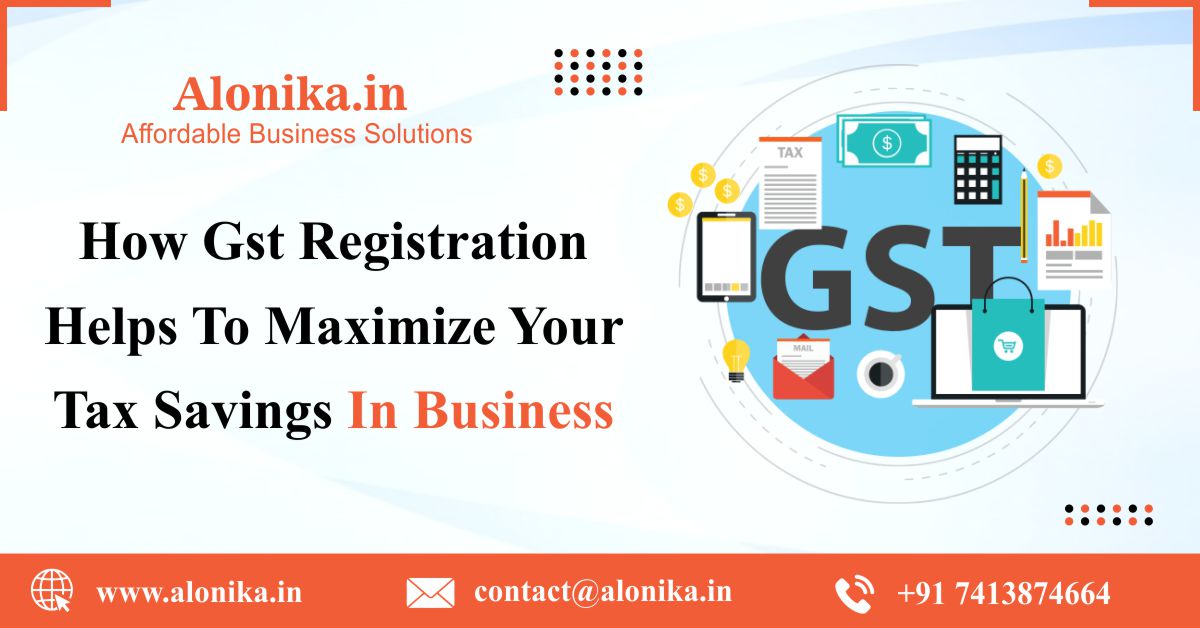Step-by-Step Refine for Singapore GST Registration Explained
Step-by-Step Refine for Singapore GST Registration Explained
Blog Article
The Ultimate Guide to Streamlining the GST Enrollment Refine and Needs for Small Company Owners

Recognizing GST Essentials
To understand the principles of the Item and Provider Tax (GST) system, little business owners have to first understand its underlying implications and principles. Under the GST routine, businesses are required to register and gather tax on behalf of the government, guaranteeing transparency and compliance.
One of the crucial principles of GST is input tax credit score, which allows organizations to claim credit score for tax obligations paid on their acquisitions. This mechanism prevents the cascading impact of taxes and advertises performance in the tax obligation system. In addition, GST is a destination-based tax, indicating that the tax obligation is imposed at the factor of usage as opposed to the point of origin. This makes certain reasonable distribution of tax obligation earnings amongst states based on where the products or services are eaten. Understanding these standard principles is vital for small company proprietors to browse the intricacies of the GST system and make certain compliance with the law.
Eligibility Requirements for Registration
Having actually developed a fundamental understanding of GST concepts, local business proprietors must currently satisfy details qualification standards to proceed with the enrollment procedure. In India, entities involved in the supply of items or services with an annual accumulation turnover exceeding Rs. 40 lakhs (Rs. 10 lakhs for unique category states) are required to register for GST. Furthermore, certain companies such as those involved in inter-state supply of goods, casual taxed individuals, and those called for to pay tax obligation under the reverse cost system need to sign up for GST regardless of their turnover. Furthermore, organizations that were registered under the previous tax obligation routine (BARREL, service tax obligation, etc) are additionally mandated to register under GST. Agricultural businesses that just provide generate out of main production are exempt from GST registration. It is critical for business owners to carefully evaluate their eligibility based upon these requirements to ensure conformity with the legislation and avoid any kind of fines for non-compliance.
Documents Required for GST Enrollment

Simplified Registration Refine Actions
Complying with the collection and verification of the requisite records, the enrollment procedure for GST can be browsed via a series of streamlined steps made to assist in effective compliance for small company owners. The initial step involves checking out the GST portal and choosing the 'New Registration' option. Ultimately, the applicant needs to fill in Component A of the GST REG-01 kind with information such as frying pan, mobile number, and email address to acquire an OTP for verification. When the OTP is obtained and entered, a Short-lived Reference Number (TRN) is created for further procedures. The following step requires completing Part B of the form with needed business information, submitting supporting papers, and finishing the confirmation procedure making use of DSC or EVC. Finally, upon successful verification, an Application Recommendation Number (ARN) is released, suggesting the conclusion of the GST enrollment process. By adhering to these streamlined actions, redirected here tiny service owners can efficiently sign up for GST and make certain compliance with tax regulations.
Tips for Ensuring Conformity
To preserve regulatory adherence and operational integrity, diligent oversight and positive actions are pivotal in guaranteeing conformity with GST demands for small business owners. Local business owners must remain updated with GST laws, submitting due dates, and any adjustments in tax obligation rates to stay clear of charges and maintain an excellent standing with tax authorities. One important tip for conformity is to keep comprehensive and exact records of all purchases, consisting of invoices, invoices, and expenses associated with GST. Frequently reconciling monetary records with GST returns can assist in recognizing and remedying any kind of inconsistencies without delay. Furthermore, performing periodic interior audits or looking for professional help can ensure that business is following all GST policies correctly. It is likewise critical for small company proprietors to buy GST-compliant bookkeeping software program that can streamline the tax declaring procedure and minimize errors. Finally, participating in GST understanding workshops or training programs can enhance understanding and conformity with GST policies, inevitably profiting business in the future.
Conclusion
In conclusion, small company proprietors should understand the basics of GST, fulfill the qualification requirements, gather essential records, and comply with the simplified enrollment procedure steps to make sure compliance. By simplifying the GST registration procedure and demands, local business proprietors can avoid fines and run their companies smoothly within the lawful framework - Singapore GST Registration. It is essential for local business owners to remain compliant and enlightened with GST guidelines to maintain an effective company procedure
Little organization owners looking for GST registration have to ensure they collect and submit the essential files to finish the registration procedure efficiently. The records required for GST enrollment generally consist of proof of service enrollment or consolidation, FRYING PAN (Permanent Account Number) card of the service identification, entity and address proof of the promoters/partners/directors, pictures, address proof of the location of business, bank account declarations or canceled cheques, and consent forms. Going to GST recognition workshops or training programs can improve understanding and conformity with GST regulations, eventually profiting the company in the lengthy run.
By streamlining the GST registration procedure and demands, this tiny business owners can prevent penalties and operate their businesses efficiently within the legal structure. It is vital for little service owners to remain certified and informed with GST regulations to keep a successful company operation.
Report this page